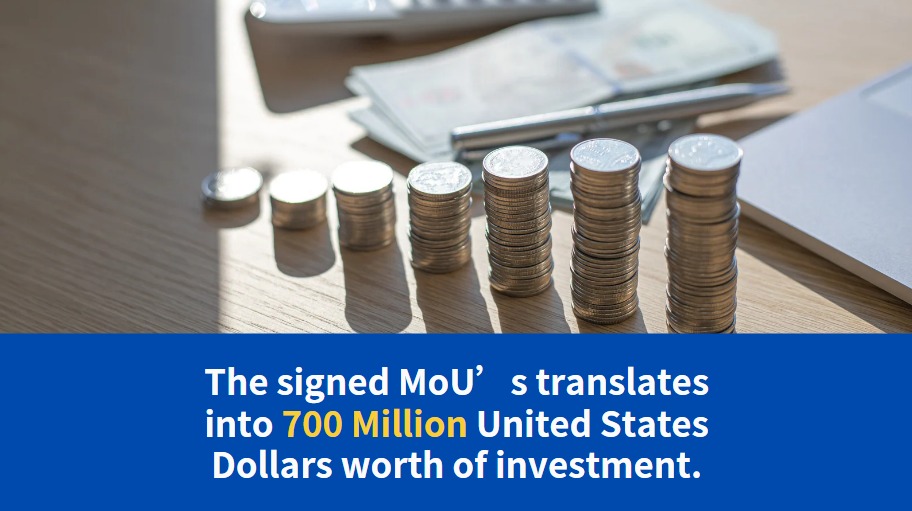Empowering Zambia: Breaking the Chains of Debt and Pursuing Self-Sufficiency
The current state of Zambia’s economy demands a critical assessment of its strategies and a paradigm shift towards self-reliance. While the celebration of a $188 million debt contract with the IMF might seem like progress, it raises concerns given Zambia's abundant resources, including the lucrative Kagem Emerald mine and Sugilite mine. This article aims to provide guidance to the Zambian government on breaking free from external dependence, maximizing its potential, and establishing a sustainable homegrown economic development model.
1.Embracing Resource Utilization: Zambia possesses rich natural resources, particularly in emerald and sugilite mining. To stimulate economic growth, the government should prioritize the development of these industries, harness their full potential, and capitalize on their market value to generate revenue.
2.Exploring Agriculture for Medical Cannabis: Zambia’s fertile agricultural land presents an untapped opportunity for cultivating medical cannabis. Despite international conventions on narcotic drugs, advocating for reforms and exploring the medicinal cannabis industry can create a new income stream and potentially offset debts.
3.Redefining Economic Independence: Zambia must challenge the narrative of reliance on external partners for economic aid. By fostering innovation and supporting local industries, the government can promote economic independence and reduce dependence on external assistance. Nurturing local entrepreneurs and businesses will build a resilient economy capable of standing on its own.
4.Developing a Homegrown Economic Model: Zambia's path to prosperity lies in crafting a unique and robust homegrown economic development model tailored to its specific needs and resources. By investing in research and policy development, the government can formulate strategies that maximize domestic potential, attract foreign investment, and drive sustainable growth.
5.Prioritizing Food Security: Ensuring food security is crucial for economic stability. The government should prioritize agricultural development to guarantee sufficient and affordable food for its citizens. Empowering local farmers and investing in agribusinesses will not only boost the economy but also enhance the overall well-being of the population.
Conclusion: Zambia stands at a critical juncture where it must shift its focus from celebrating nominal debt contracts to harnessing its wealth of natural resources and agricultural potential. By breaking free from external dependence and adopting a homegrown economic development model, Zambia can forge a path towards a prosperous and self-sustaining future. The government’s commitment to these initiatives will determine its success in empowering its citizens and transforming the nation into a beacon of economic growth and stability.























































First, please LoginComment After ~